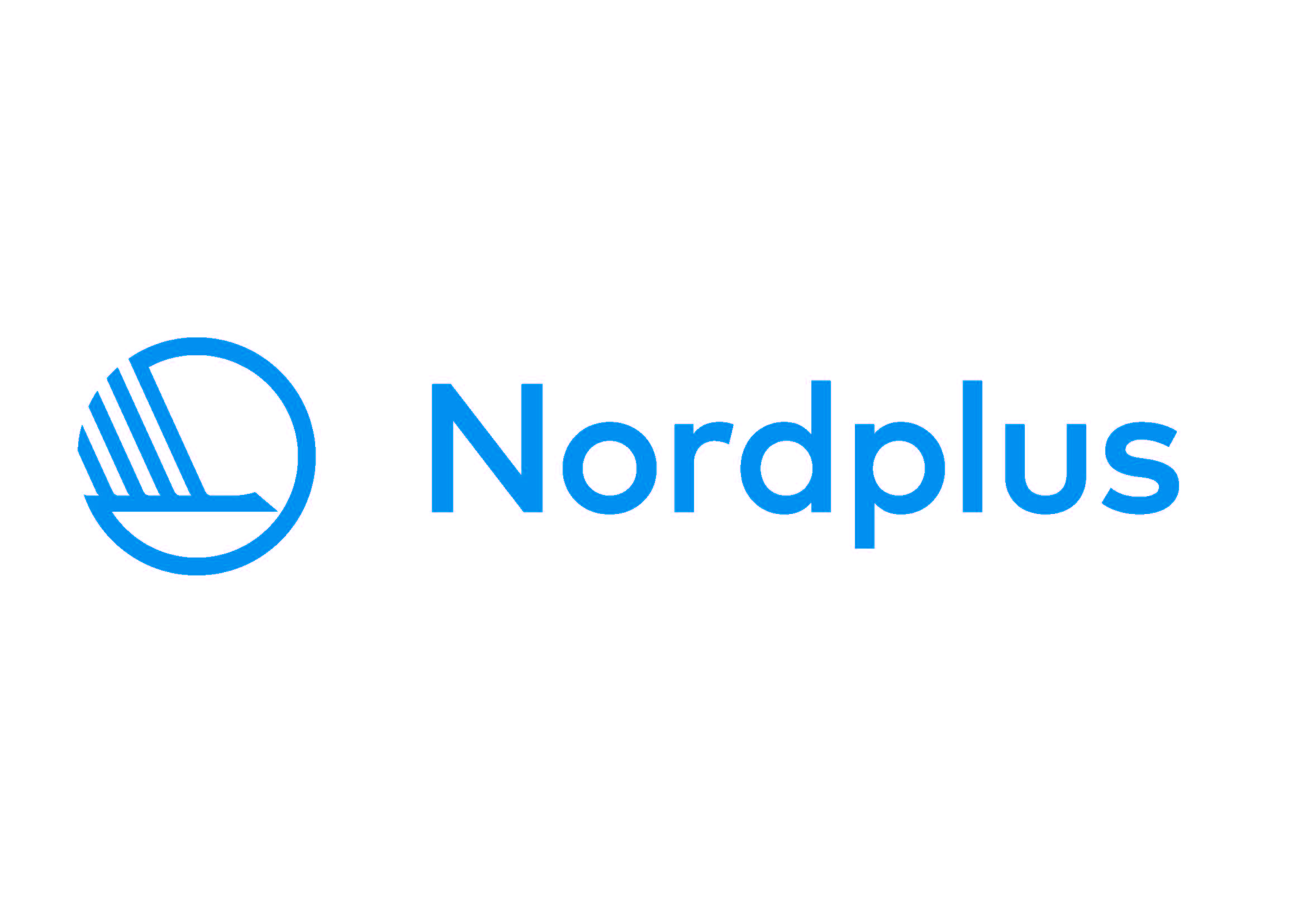Title of the course: Rare Earths: Field Studies in the Extractive North
Workshop period: April 26 - May 4, 2025
1 Pre- lecture (1,5 hours), 1-week site research studio, and 1 recap-lecture (1,5 hours), in April and May 2025
Location: the focus will be centered around a field visit (scheduled between 26.4.–4.5.2025) to the Abisko Scientific Research Station 200 km north of the Artic circle and the town of Kiruna, the northernmost city in Sweden
Level: BA & MA
ECTS: 3
Number of participants: 2 (this call is specifically for students from other KUNO institutions apart from Royal Institute of Art, Stockholm, Trondheim Academy of Fine Art, Academy of Fine Arts, University of the Arts Helsinki since students from those institutions have already been selected)
Language of instruction: English
Host institution: Royal Institute of Art, Stockholm, Sweden
Partner institutions:
Trondheim Academy of Fine Art, Norway
Academy of Fine Arts, University of the Arts Helsinki, Finland
Application deadline: 20 January 2025
How to apply: Interested participants must submit a motivation letter (1 A4, max. 500 words) briefly describing how you imagine the course content can strengthen your work, as well as a maximum of 3 portfolio images to VARBI:
https://kkh.varbi.com/?jobtoken=10d0af14a4df13b88af987e961b972b72f6a17969
Course description:
We are announcing an Open Call for participants to “Rare Earths: Field Studies in the Extractive North” (3 credits), a KUNO Network funded course organized as the start of a multi-year research project between the Royal Institute of Art, Stockholm (KKH), Trondheim Academy of Fine Art (NTNU) and the University of the Arts Helsinki, Academy of Fine Arts. For this first year of the call, hosted by Royal Institute of Art, Stockholm, the focus will be centered around a field visit (scheduled between 26.4.–4.5.2025) to the Abisko Scientific Research Station 200 km north of the Arctic circle and the town of Kiruna, the northernmost city in Sweden. Rare Earths focuses on the complex relationship between climate change, extractivism, and energy transition in the North explored through artistic research and an engagement with climate science. Held in Abisko Scientific Research Station and Kiruna, one of the world’s largest mining sites and the continent's largest rare earths deposit situated in Sápmi, the course facilitates an intensive week of field studies, dialogues, expeditions, participatory data gathering, and their interpretation bookended by a series of online seminars. Students' own artistic practice and exploration of the environment takes place in close proximity to the scientific research conducted in the area and at the station. The outcomes of the course result additionally in field notes and blog publications. Travel and accommodation costs are covered, dinner will be prepared collectively at the station.
Learning Outcomes:
• On successful completion of the course, students will be able to acquire site-specific knowledge of a particular contested site, its socio-cultural-economic and material contexts with regards to Extractivism and political ecology.
• The course will explore and introduce investigative methods including observational and documentation methods, and tools for working with data.
• The course will help conceptualize and formulate artistic, narrative, and critical approaches to situated issues of ecology, and Extractivism.
• The course will introduce students to conducting field work as part of artistic research methodologies
Completion Requirements:
• Participation in the daily program of visits, documentation and discussions.
• Recording and maintaining a log of writing, sketches, photographic, video and spatial documentation.
Lecturers:
Åsa Andersson Broms - Royal Institute of Art, Stockholm, Sweden, asa.andersson.broms@kkh.se
• Nabil Ahmed - Trondheim Academy of Fine Art, Norway, nabil.ahmed@ntnu.no
• Samir Bhowmik and Frank Brümmel - Academy of Fine Arts, University of the Arts Helsinki, samir.bhowmik@uniarts.fi; frank.brummel@uniarts.fi
The workshop is funded under the Nordplus/KUNO framework.
In case of any questions please contact Anneli.Hovberger@kkh.se


